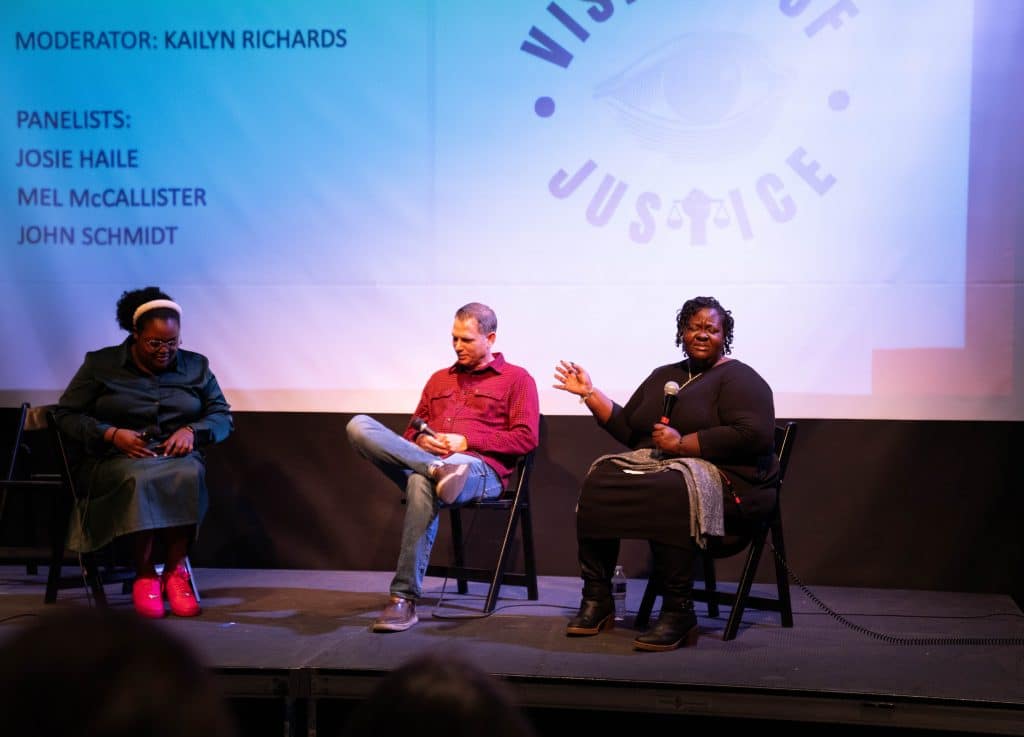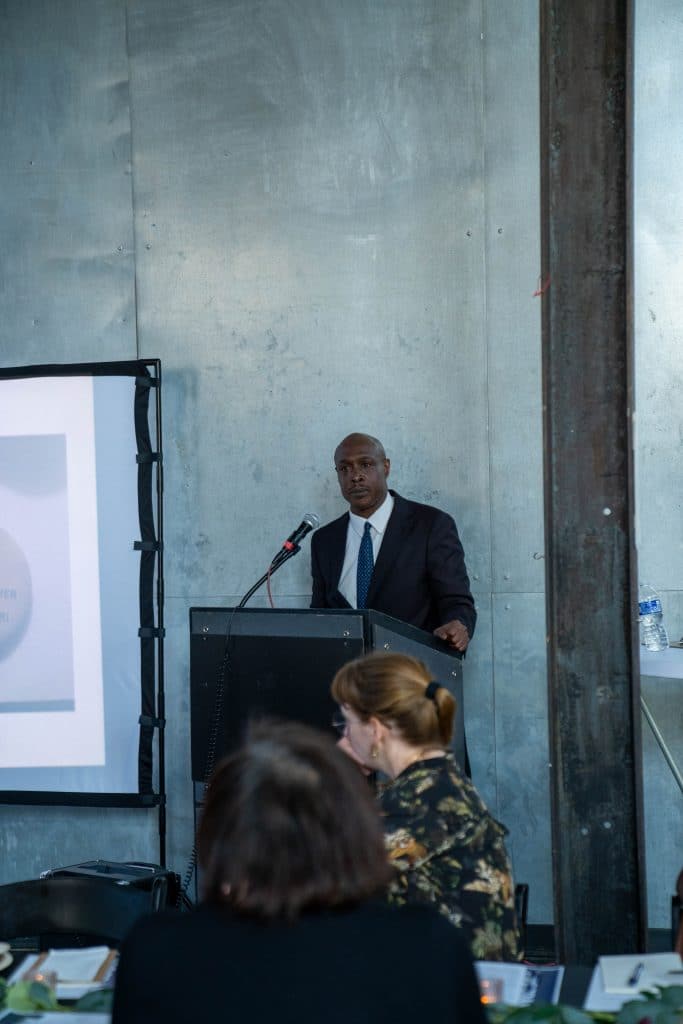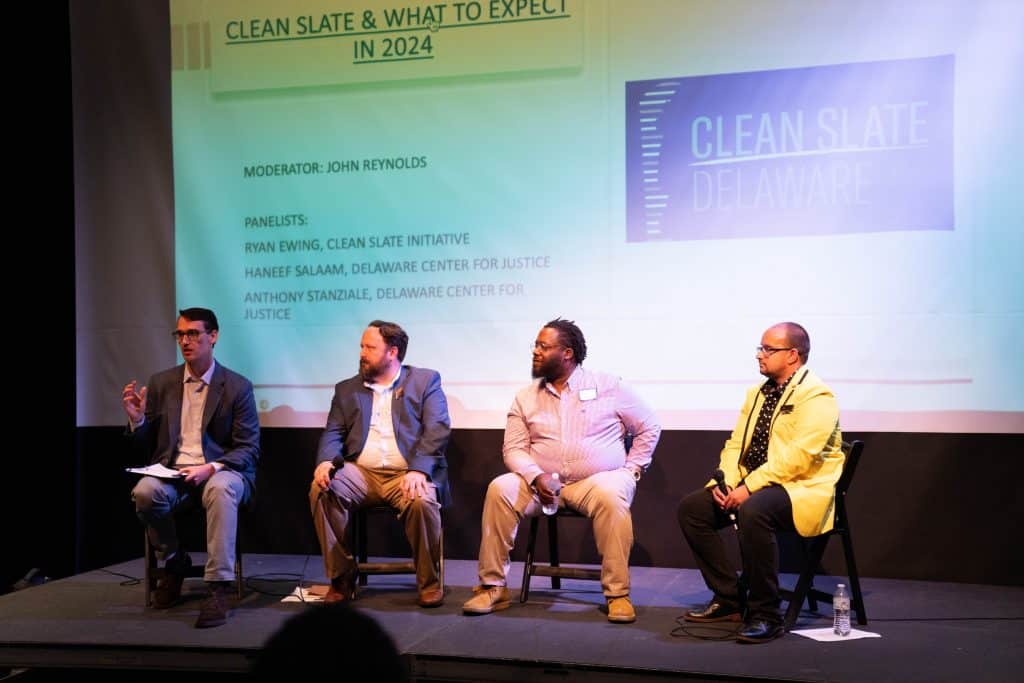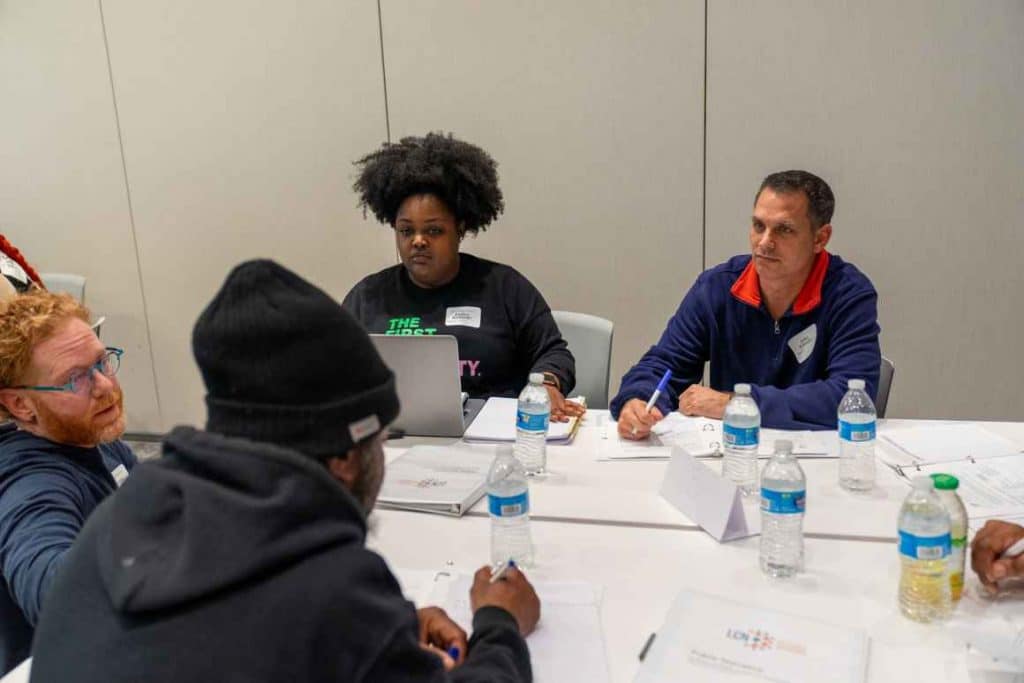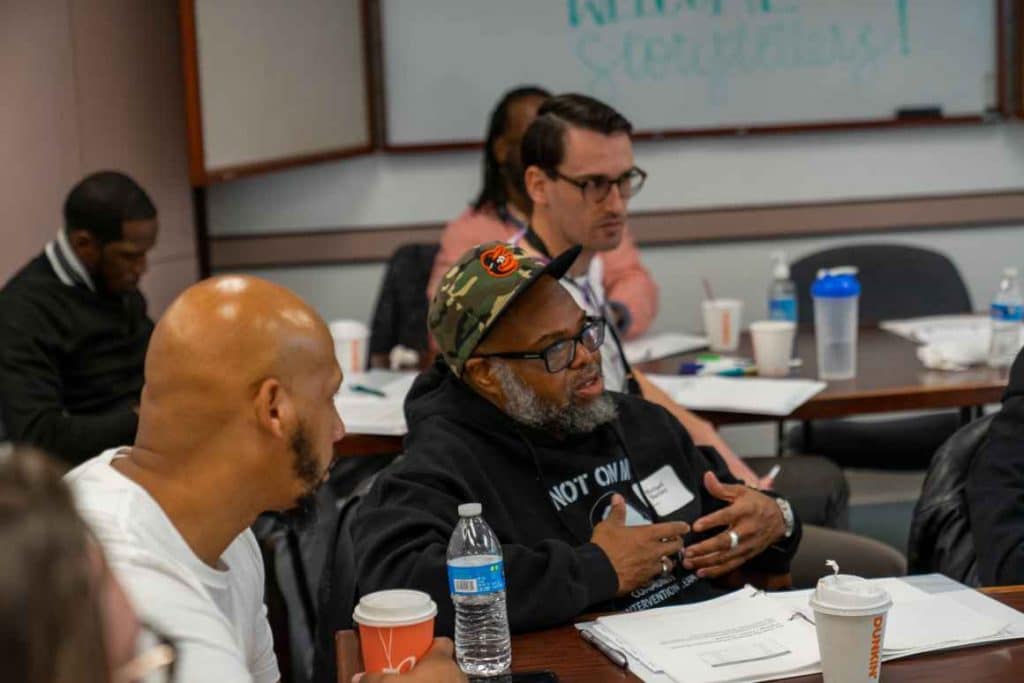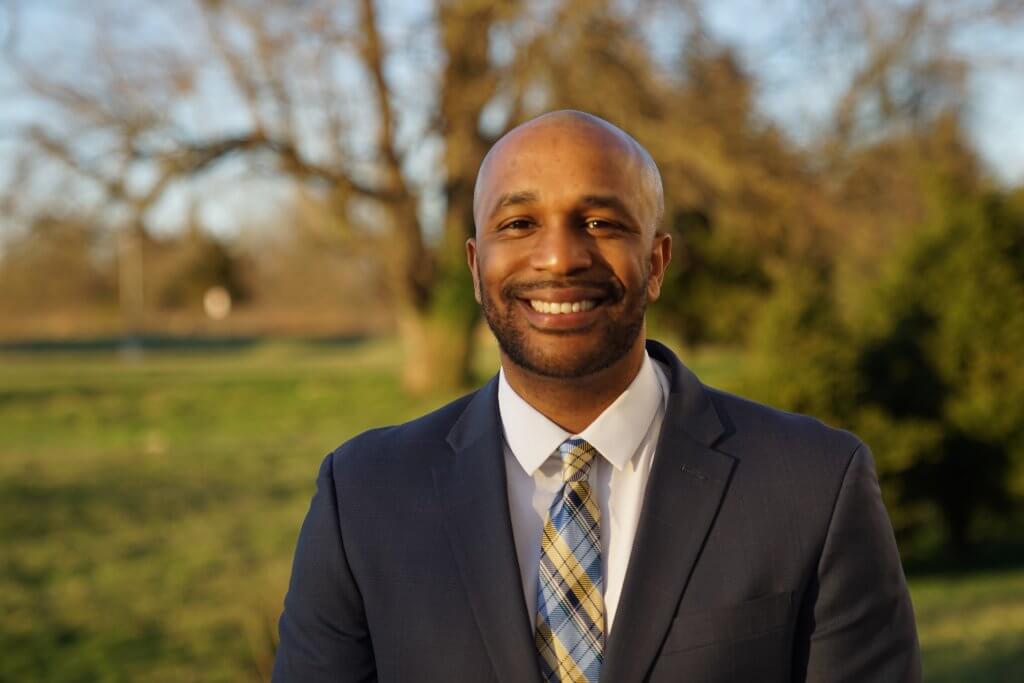Here’s what it says about Delaware.
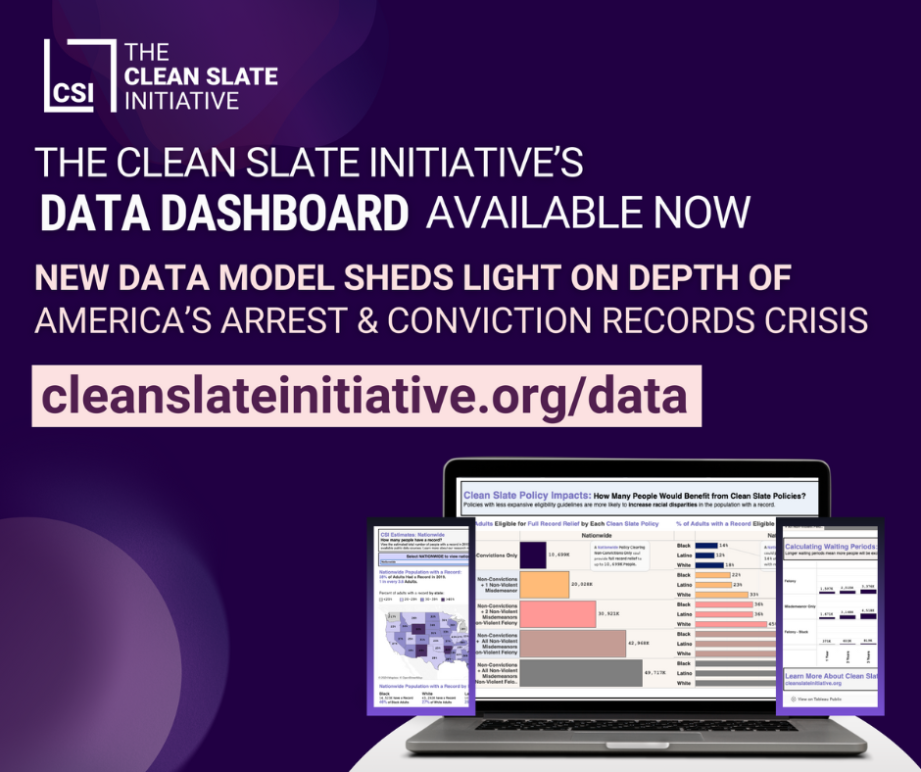
By: Dr. Laura Chavez, Director of Research & Data, Clean Slate Initiative
There has always been one big, ironic gap regarding data about arrest and conviction records: a lack of records. Since the beginning of automatic record clearance efforts, advocates, lawmakers, and stakeholders have struggled to gather data that can illustrate policies’ impact. The main problem has been a lack of consistent record-keeping across states — especially data that can be broken down by different demographics. That’s why The Clean Slate Initiative (CSI) is excited to launch our one-of-a-kind data dashboard that provides state-specific data about records and the impacts of record clearance policies.
Based on our data model’s methodology, we can estimate how many adults in America are impacted by a record, both in states and nationwide. The model is the first of its kind, giving researchers, lawmakers, advocates, and the public the ability to estimate the state-level impacts of Clean Slate laws broken down by race, ethnicity, sex, and types of records. The model uses state and federal data sources and applies recidivism, deportation, mortality, and inter-state mobility rates to ensure our estimates account for dynamic population trends.
The CSI Data Dashboard is capable of much more than simply producing estimates. Users can examine proposed policies, visualize how waiting periods and eligibility requirements affect the impact, and identify opportunities to reduce existing racial inequities.
The interactive data dashboard provides visualizations of the scale of people with records in each state broken down by race, ethnicity, sex, and record type. It allows for in-depth analysis of how Clean Slate legislation can reshape the lives of millions, particularly highlighting racial and gender disparities.
In Delaware, the dashboard highlights the impacts of the Clean Slate legislation that has already passed, assuming the state’s implementation follows a robust interpretation of the law’s criteria. Using our data model to examine Delaware’s Clean Slate legislation:
- 61,000 people with a Delaware record will see full record clearance;
- 200,000 people in Delaware have an arrest or conviction record, which includes 72,000 Black people (44% of Black adults in the state) and
- If Delaware expanded their law to clear all non-conviction records, non-violent misdemeanors, and one (1) non-violent felony, around 118,000 people would benefit from Clean Slate (59% of those with records).
Our dashboard includes a list of frequently asked questions to aid users. And, our inbox is always open: if you have questions or feedback, don’t hesitate to contact CSI’s Research and Data team at data@cleanslateinitiative.org.
Data is more than numbers; it can be a blueprint for a better future. By harnessing its power, we equip advocates, lawmakers, and other policy stakeholders with information that can help bring more people a second chance.

